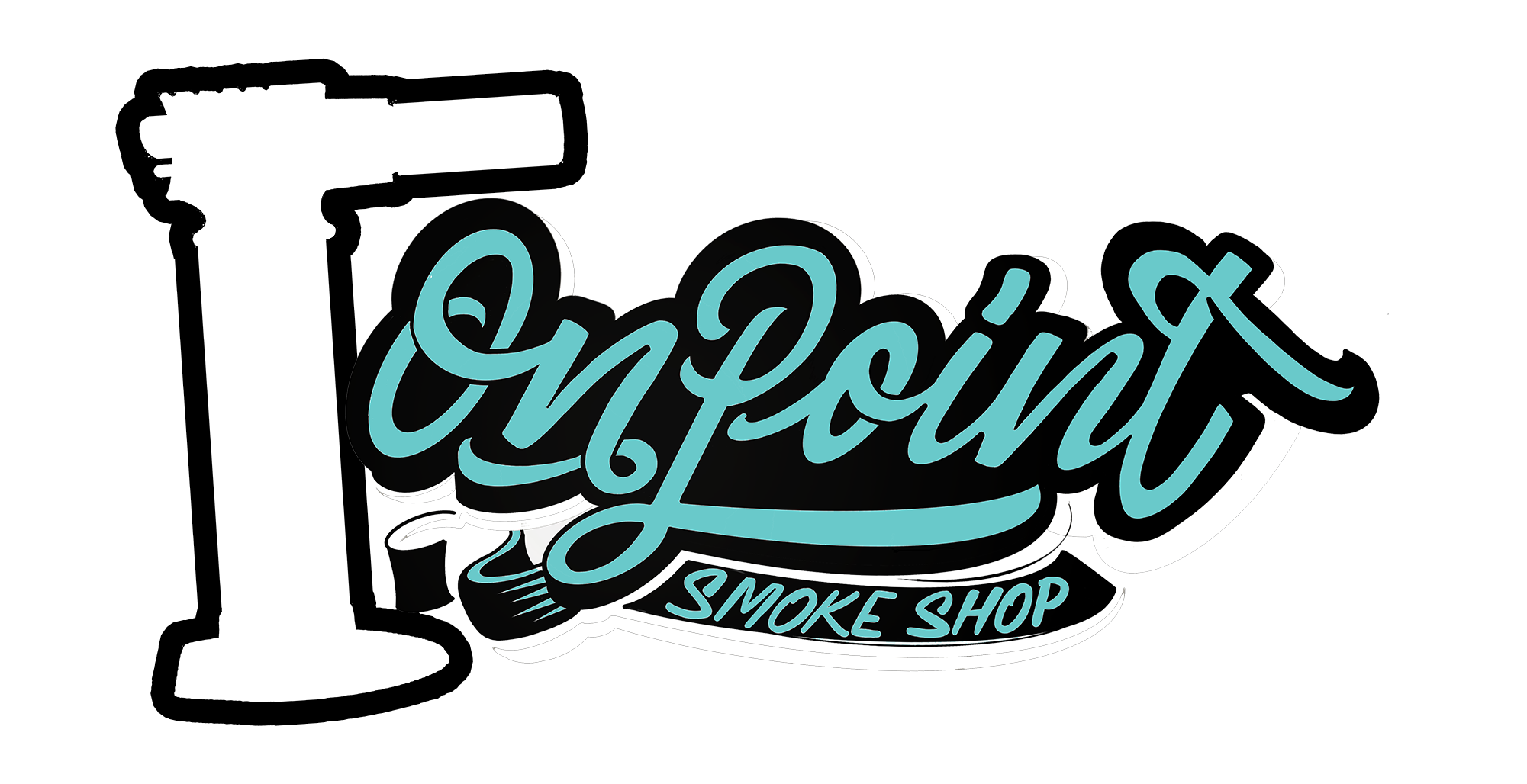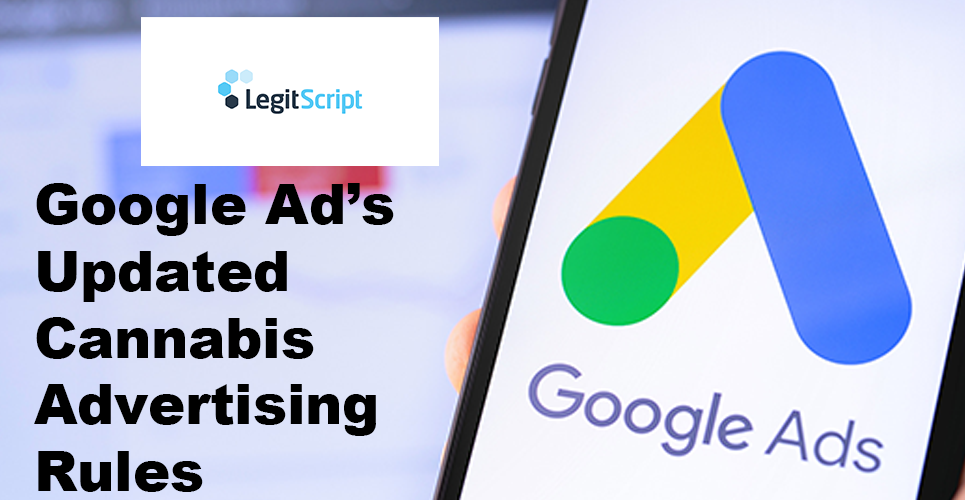Cannabis advertising is a tricky business due to various laws and regulations.
Many tech companies like Instagram and Facebook do not allow for the promotion of cannabis-related products on their platforms because it goes against their terms of service.
However, Google recently announced changes to their cannabis advertising policies. Starting January 20, 2023, Google will allow for the promotion of FDA-approved pharmaceuticals containing CBD and topical hemp-derived CBD products with THC content of 0.3% or less in California, Colorado, and Puerto Rico. CBD will also be removed from Google's Unapproved Pharmaceuticals and Supplements List.
In order for an advertiser to promote CBD products on Google, they must be certified by LegitScript, a compliance company. LegitScript has strict standards for certification, which include testing products for compliance with legal THC limits and providing a Certificate of Analysis.
LEGITSCRIPT CBD CERTIFICATION STANDARDS
LegitScript has already released its CBD certification standards for cannabis advertising, and they are comprehensive. See here. Advertisers will, among many other things, need to:
- Demonstrate the product’s compliance with all other (legal and regulatory) standards.
- To the extent that licensure or registration is required in any jurisdiction where the product is manufactured, processed, or sold, demonstrate the product’s compliance with such requirements.
- Provide supply chain documentation for all products. The product should adhere to all supply chain-related regulatory requirements and be manufactured consistent with good manufacturing practices. The applicant must provide a Certificate of Analysis demonstrating the CBD used in the final product complies with federal laws regarding the cultivation and processing of hemp.
- Provide to a testing facility approved by LegitScript, unexpired, random samples of products submitted for certification for testing. Such products must contain the advertised amount of hemp-derived compounds and must comply with legal requirements related to cannabinoid substances and ingredient levels.
- Demonstrate that products submitted for certification were produced in compliance with all USDA and state hemp-cultivation requirements, or are otherwise exempt from such requirements.
- Show that the applicant or product manufacturer, including any associated personnel, businesses, or websites, must not have been subject to significant recent and/or repeated instances of improper legal compliance, disciplinary sanctions, or other regulatory action (e.g., those FDA letters). Prior offenses or other bad acts by the applicant or product manufacturer, including any prior regulatory discipline may be a disqualifying factor, in LegitScript’s sole discretion.
- Submit the applicant’s corporate officers, directors, or those exercising control over significant business decisions to criminal background checks conducted at LegitScript’s request, and those same persons must disclose any prior criminal, regulatory, or civil violations. Applicant must also disclose any litigation commenced, resolved, or otherwise addressed that involves applicant at any time over the past 10 years. Prior offenses or other bad acts, including any prior regulatory discipline may be a disqualifying factor, in LegitScript’s sole discretion.
- Adehere to Google’s terms of service for advertising in all capacities. If LegitScript discovers that your advertising isn’t kosher in all regards, it may be grounds for certification denial.
Advertisers will also need to demonstrate compliance with all other legal and regulatory standards, provide supply chain documentation, and show that they have not been subject to any recent or repeated instances of improper legal compliance. While Google's changes make it easier for some cannabis advertising, it is still a complex process.

